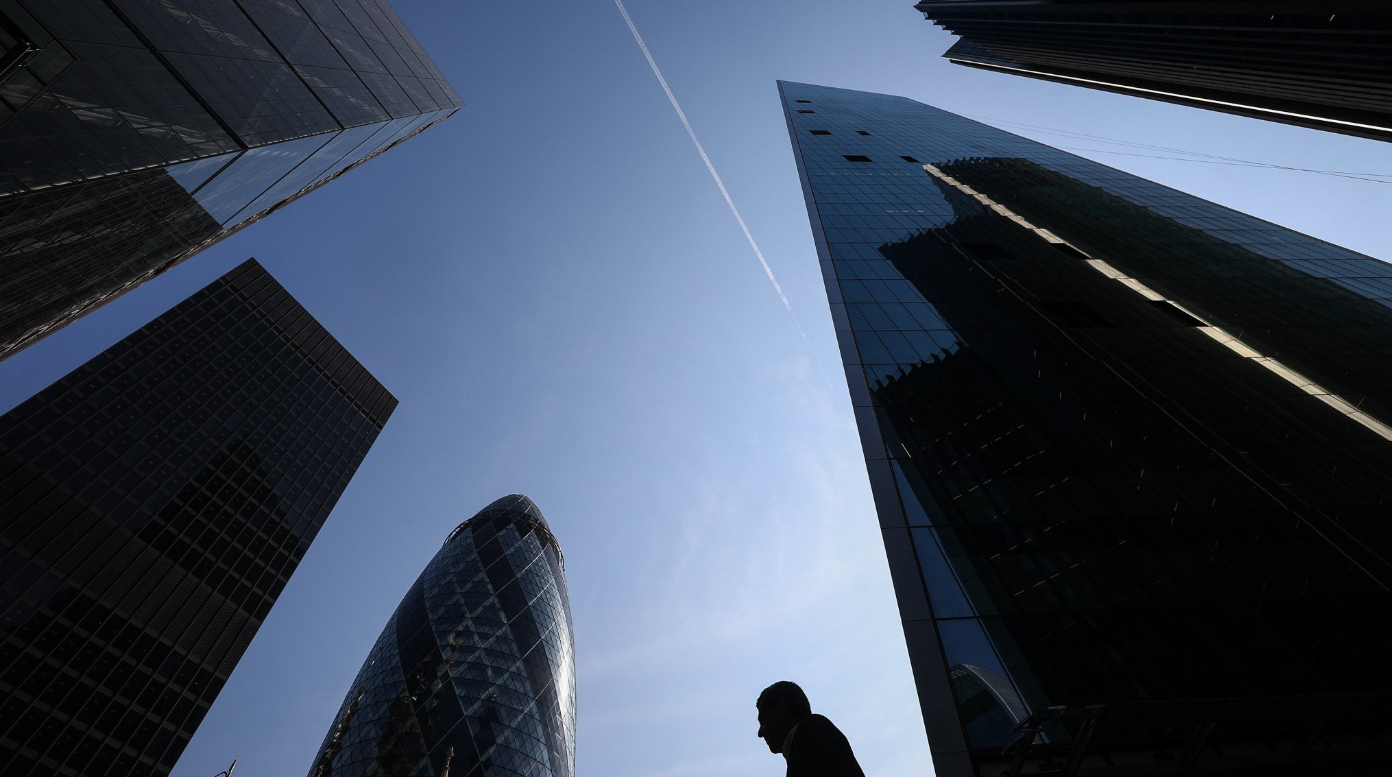UK plans action to stop the rich and big firms abusing its courts

LONDON — Britain said on Thursday it was planning action to prevent the rich and powerful from abusing its court system to silence journalists and campaigners as part of measures to target Russian oligarchs and other corrupt elites.
The proposals would seek to stop wealthy individuals or large businesses using “Strategic Lawsuits Against Public Participation” (SLAPPs) — a threat of lengthy and expensive legal action using libel or privacy laws to intimidate critics and prevent the publication of certain stories or books.
The move comes after Britain pushed through a new law earlier this month to crack down on “dirty money” flowing through London, part of measures designed to target those close to Russian President Vladimir Putin after Russia’s invasion of Ukraine.
“The ability of a free press to hold the powerful to account is fundamental to our democracy and as a former journalist I am determined we must never allow criticism to be silenced,” Prime Minister Boris Johnson said.
“For the oligarchs and super-rich who can afford these sky-high costs the threat of legal action has become a new kind of lawfare. We must put a stop to its chilling effect.”
Measures being considered include changing libel laws to strengthen its public interest defense, capping the legal costs claimants could recover or requiring them to prove “actual malice.”
The government said it would assess the evidence to see how widespread the problem was before deciding what exact action it would take, and would run a consultation until May 19.
The announcement to tackle the issue was welcomed by Britain’s National Union of Journalists, and the Society of Editors, which represents senior figures working in national and local press, radio, and television.
“Deployed by powerful individuals and companies in an effort to silence and intimidate critics and deter legitimate public interest journalism, SLAPPs not only have a chilling effect on the public’s right to know but they pose a grave threat to media freedom,” said the Society’s Executive Director Dawn Alford. — Michael Holden/Reuters




